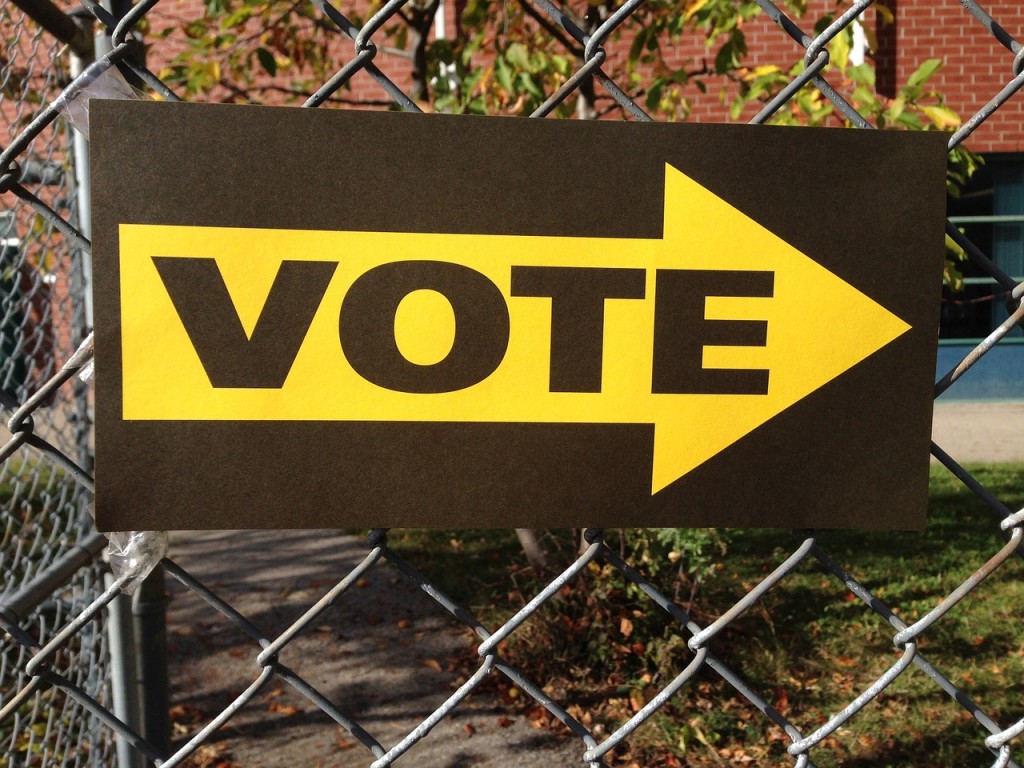Bulgaria had its autumn of discontent. The mass protests proclaimed as a crusade against corruption and state capture have failed, while the prospects for reform of the oligarchic model from within are bleak at best. Hence, Bulgarians are looking at a winter of stagnation and political blockage before going to the polls in the spring for parliamentary elections.
How did the turmoil get started? The small spark that ignited the haystack was a social media clipin July of a visit of prominent opposition politician Hristo Ivanov to an illegally built palace at Rosenec near Burgas which is owned by the former chief of the Movement for Rights and Freedoms (DPS) party and known power broker Ahmed Dogan. The palace, which became a symbol of corruption and state capture, was flocked by several thousand protestors who clashed with police. From there, the protests moved to Sofia, the Bulgarian capital, where a tent camp was put up in the middle of one of the busiest intersections. From then on, street protests occurred every few weeks.
The issues driving the protest movement were two-fold. First were the pervasive corruption, nepotism, state capture, and oligarchic control of the pseudo-democratic government that Prime Minister Borissov has come to embody, and second, the role of Prosecutor General Ivan Geshev as an unelected strongman accountable to no one. The role of EU money as fuel for the oligarchy has also been at the forefront of the protesters’ message, who have demanded the resignation of both Borissov and the prosecutor general, along with a change in the role of the latter’s office in the judiciary.
Borissov has more or less turned a blind eye to the demands of the protesters. He seemed to be reacting when, in the late summer, he replaced several key ministers linked to the DPS party, though this reshuffling led to no meaningful change in political direction or decision making. Also, in August his political party’s legal team hastily drafted a new Constitution, only to be met with ridicule by the expert community and later to become the topic of a critical report by the Venice commission. The abandoned constitution project achieved one thing, however, and that was the derailing of political discourse for over two months.
In autumn 2020, the protesters were facing not only an unyielding Borissov, but also the rapid spread of Covid-19, forcing them to abandon all protest activity without having achieved any of their goals, and supporters of the protests are left with little mote than a vague promise to face the prime minister and his government in the spring 2021 general election.
Currently, all polls indicate a significant lead for Borissov and his allies. This is to be expected, given that the opposition in parliament is weak, disorganized and faced with both an identity and a talent crisis, while the extra-parliamentary movement has had its protests snuffed out. So far, former late-night show host turned politician Slavi Trifonov seems to have the best chance to challenge the ruling party. However, that choice could result in yet another victory for populism.
The wildcard in the coming months will be the deepening healthcare and economic crises in Bulgaria. While the first wave of Covid-19 produced only a mild economic fallout that was followed by quick recovery, the government was slow to respond to the second one. The consequences are likely to be catastrophic, both in human and economic terms. While Borissov has drawn criticism from all parts of the opposition, there is no evidence that it has impacted the government’s electoral support, leaving little hope for meaningful change in the upcoming political cycle.
The article is syndicated by 4Liberty.eu Network.
Continue exploring:
Poland Needs More Rule of Law and Fewer Conflicts with Brussels



